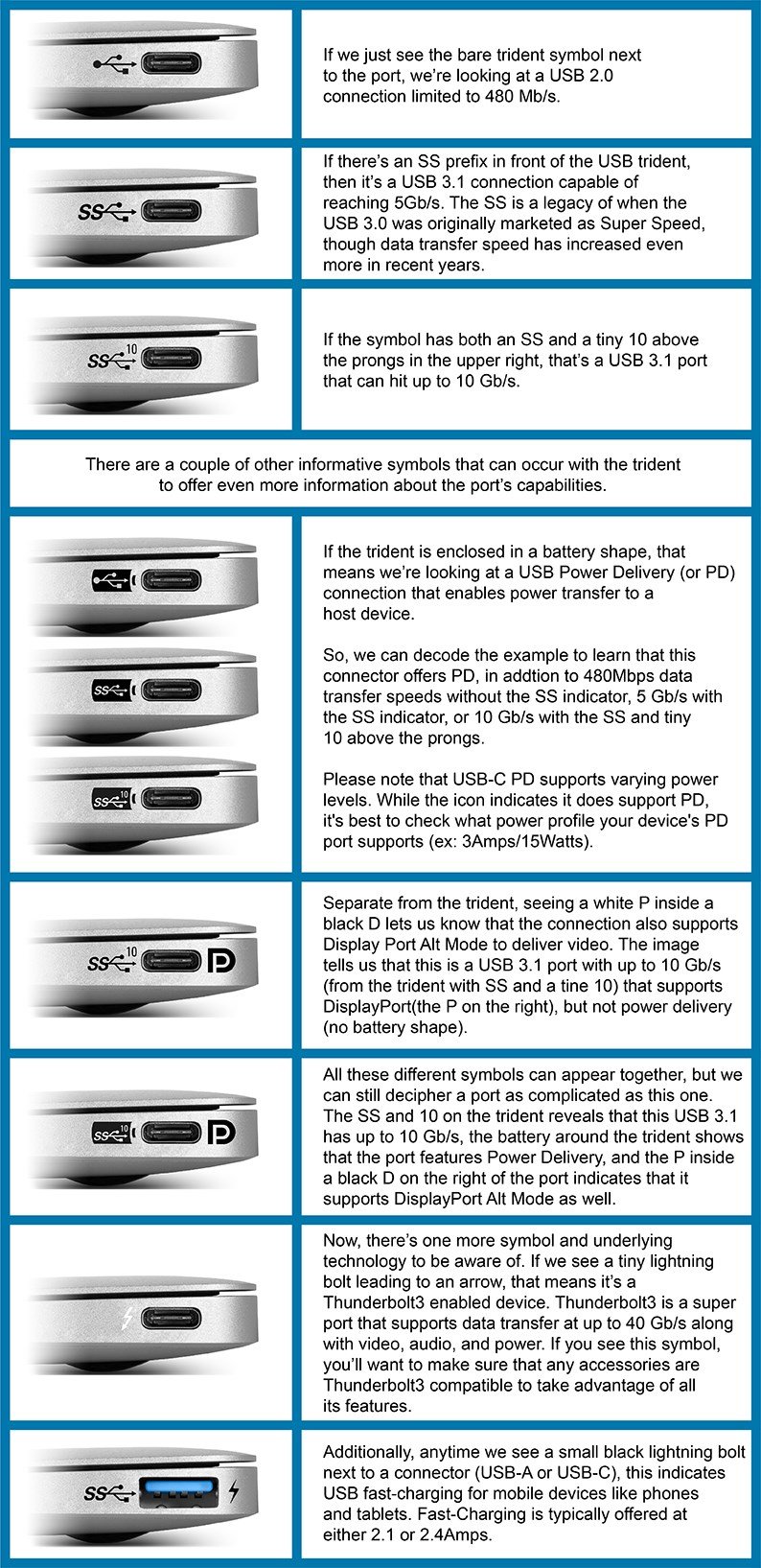this post was submitted on 09 Sep 2024
1595 points (97.4% liked)
Technology
60084 readers
3149 users here now
This is a most excellent place for technology news and articles.
Our Rules
- Follow the lemmy.world rules.
- Only tech related content.
- Be excellent to each another!
- Mod approved content bots can post up to 10 articles per day.
- Threads asking for personal tech support may be deleted.
- Politics threads may be removed.
- No memes allowed as posts, OK to post as comments.
- Only approved bots from the list below, to ask if your bot can be added please contact us.
- Check for duplicates before posting, duplicates may be removed
Approved Bots
founded 2 years ago
MODERATORS
you are viewing a single comment's thread
view the rest of the comments
view the rest of the comments

I believe that the reason that the smaller USB variants showed up was because some devices were just too small to physically accommodate a USB-A plug. Think MP3 players and later -- very importantly -- smartphones.
For the vast majority of consumer electronics, USB-A is fine. But for things that are as thin as possible, usually to fit into a pocket, it starts to bump up against limits.
Mini-USB put the tensioners -- the bit that wears out over time, is the bottleneck on the lifetime of the thing -- on the (expensive) device rather than the (cheap) cable. Micro-USB and USB-C didn't make that mistake.
Like, I think that there was a legitimate reason to fix that one way or another.
Sure, and I had a handful that used mini-USB instead of micro-USB, and they were completely fine. It's easy to quickly look at the plug and orient it the right way, whereas with micro-USB, it's a fair bit harder.
I don't think I ever had a mini-USB device wear out the port. Then again, I didn't have a ton of them, so maybe it's more common.
Regardless, USB-C feels like an over-engineered solution to a few small problems. The ability to use it in any orientation is nice I guess, but I still have similar problems that I had w/ micro-USB, with cables wearing out over time. I'd rather we optimize for easier to swap ports (i.e. something like the Framework laptop's changeable ports).